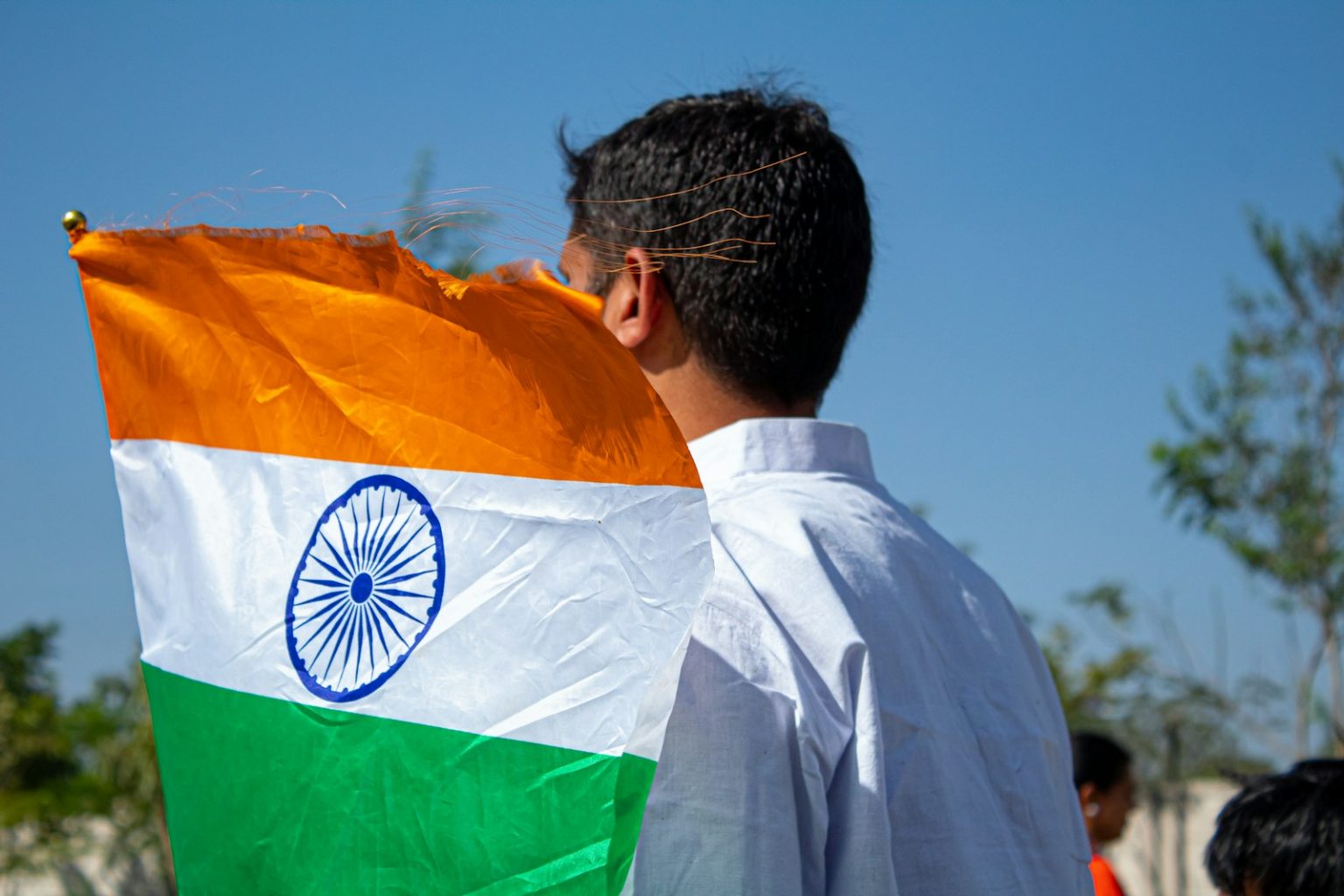Historical Context of the 1977 Emergency
The Emergency, imposed by then Prime Minister Indira Gandhi in June 1975, was a 21-month period during which civil liberties were suspended, press freedom curtailed, and political opponents detained. Its revocation on March 21, 1977, marked the restoration of democratic processes in India after a period of authoritarian rule.
Jaishankar’s interview at the UPSC headquarters on Shahjahan Road in New Delhi coincided with this watershed moment in Indian democracy. The timing is particularly noteworthy as the civil services represent the permanent executive of India’s democratic framework, which had been under strain during the Emergency period.
From UPSC Candidate to External Affairs Minister
Jaishankar’s recollection offers a glimpse into the beginning of his distinguished career in public service. After clearing the UPSC examination, he joined the Indian Foreign Service (IFS) in 1977 and served as a diplomat for over four decades before being appointed as the External Affairs Minister in 2019.
His career trajectory includes serving as India’s Foreign Secretary from 2015 to 2018 and as Ambassador to major countries including the United States, China, and Singapore. His experience as a UPSC candidate on such a historically significant day forms an interesting connection between his personal career journey and India’s political history.
UPSC Examination: A Gateway to Civil Services
The UPSC Civil Services Examination remains one of India’s most competitive and prestigious tests, serving as the recruitment pathway for various civil services including the Indian Administrative Service (IAS), Indian Foreign Service (IFS), and Indian Police Service (IPS).
The examination process includes:
- A preliminary examination
- A main examination with written papers
- A personality test or interview
The interview phase, which Jaishankar referred to in his recollection, is conducted by a board of experts who assess candidates’ suitability for civil service based on their mental qualities, critical abilities, and overall personality.
Jaishankar’s anecdote highlights how personal milestones can intersect with national events, creating unique memories for individuals whose careers later become intertwined with the nation’s governance and diplomatic history.
His story also serves as a reminder of how the civil services continue to attract talented individuals who go on to shape India’s policies and international relations, sometimes beginning their journeys on days of historical significance.







